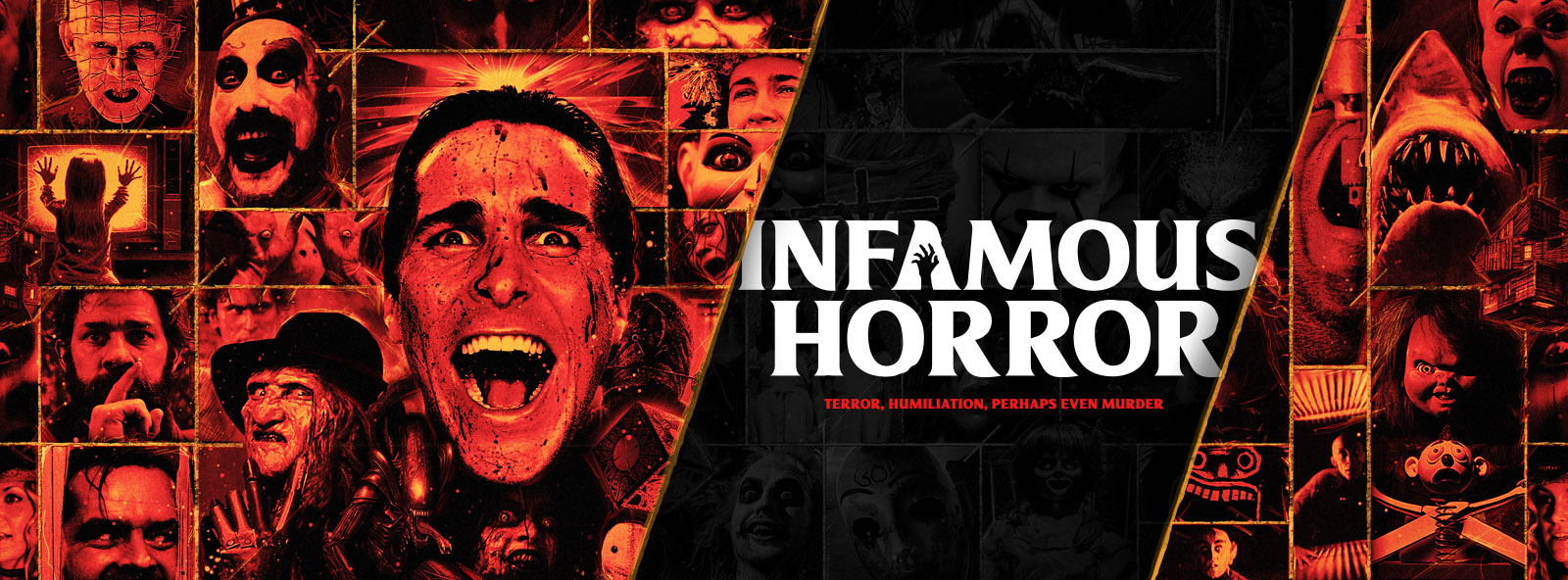Netflix’s hit TV series “You” has captured the hearts and minds of viewers worldwide. But what makes this show so fascinating is not just the thrilling plot, but also the psychological phenomenon of rooting for the bad guy. Joe Goldberg, the protagonist of the show, is not your typical hero. He’s a stalker, a murderer, and a total nutcase. Yet, viewers find themselves inexplicably drawn to him and rooting for him, even though they know he’s the bad guy.
So, what’s behind this phenomenon? How can we explain the audience’s connection to Joe? It turns out that there are several psychological factors at play.
Firstly, there’s the concept of “identification.” Viewers identify with Joe because he is the main character and because the show is told from his perspective. This means that viewers see the world through Joe’s eyes and experience his thoughts and feelings. As a result, they may feel closer to him than to any other character in the show.

Secondly, there’s the “likeability bias.” This refers to the tendency of people to root for those they find likeable. Despite his many flaws, Joe is a complex character with many human qualities. He’s intelligent, charming, and sensitive, which makes it easier for viewers to like him despite his wrongdoings.
Thirdly, there’s the “just world bias.” This refers to the belief that people get what they deserve. In the case of Joe, viewers may rationalize his behavior by believing that his victims somehow deserved what they got. This can be a dangerous way of thinking, as it justifies immoral actions and can lead to harmful behavior.

Finally, there’s the “morality shifting.” This refers to the tendency of people to change their moral standards depending on the situation. In the case of “You,” viewers may feel that Joe’s actions are justified because he’s trying to protect the people he loves, or because he’s a victim of his own traumatic past. This can lead to a blurring of moral boundaries, which can be dangerous in real life.
In conclusion, the phenomenon of rooting for the bad guy in “You” is a complex psychological phenomenon that involves several factors, including identification, likeability bias, just world bias, and morality shifting. While it’s natural to be drawn to complex characters like Joe, it’s important to remember that his actions are immoral and unacceptable. As viewers, we should question our own moral standards and be aware of the dangers of justifying bad behavior.




